Gateway House launches first Quad Economy and Technology Task Force
The Task Force led by Gateway House will study economic and technological cooperation between the four like-minded democracies in the Indo-Pacific.
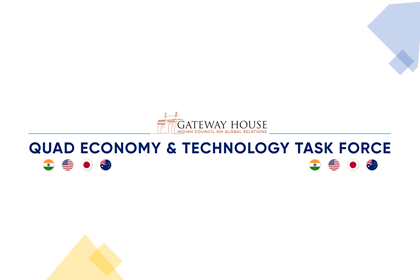 Courtesy: Gateway House
Courtesy: Gateway House
The Task Force led by Gateway House will study economic and technological cooperation between the four like-minded democracies in the Indo-Pacific.
 Courtesy: Shutterstock
Courtesy: Shutterstock
In its recent itineration, the Quad (or the Quadrilateral Security Dialogue) has been toiling since 2017, through deliberations among mid-level and senior officials, to develop a common vision for the challenges facing the Indo-Pacific region, challenges caused by China's menacing rise and aggressive behaviour.
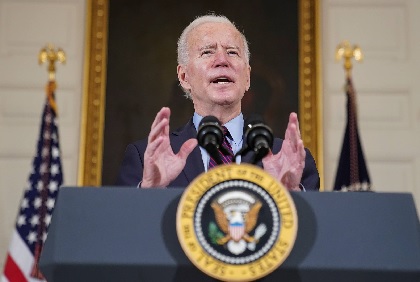 Courtesy: Twitter
Courtesy: Twitter
As President Joe Biden completes his first month in office, his foreign policy on China and the Indo-Pacific will come under scrutiny. The choices made will be significant as they will define the future prospects of the Quadrilateral Security Dialogue. Given China’s long-term and comprehensive challenges, which encompass both, security and economy-technology, the Quad will have to respond with a matching strategy.
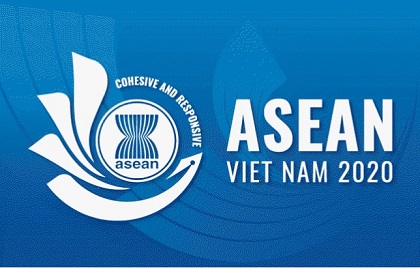 Courtesy: asean.org
Courtesy: asean.org
Vietnam had a busy 2020, starting with its chairmanship of ASEAN and ending with the signing of RCEP, and a free trade agreement with the EU. All were completed successfully despite the pandemic, which it also handled well. It has revealed Vietnam’s dexterity and confidence, good management and societal control and raised the country’s global profile.
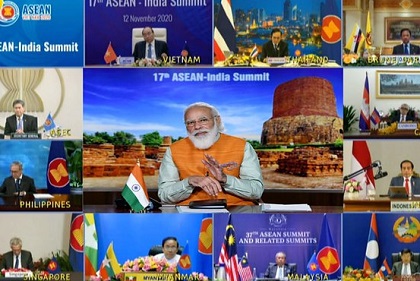 Courtesy: MEA/Flickr
Courtesy: MEA/Flickr
The recently concluded ASEAN and EAS Summit saw Prime Minister Modi highlighting the Indo-Pacific region. That’s because a cohesive, responsive and prosperous ASEAN is seen as vital to India's Indo-Pacific Vision and to Security And Growth for All in the Region (SAGAR). India’s decision to opt out of RCEP, even when all ASEAN member countries are signatories to that agreement, will mark a shift in how India enhances bilateral engagements with ASEAN nations with greater strategic intent.
 Courtesy: Gateway House
Courtesy: Gateway House
The 20th meeting of the Council of the Shanghai Cooperation Organization (SCO) Heads of States was held virtually on 10th November, 2020. The meeting precedes the SCO Summit to be hosted by India at the end of this month, and for which preparations have been on through the year. In this compendium of three essays, Gateway House assesses the potential for deepening economic cooperation between India & SCO, asks whether the SCO Charter needs dynamism and revision, and traces the roots of the regions's Buddhist presence, back to India.
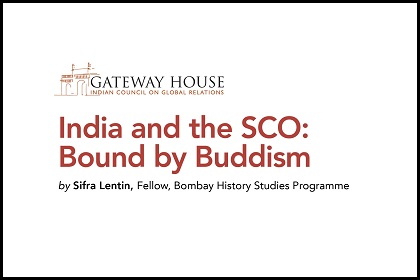 Courtesy: Gateway House
Courtesy: Gateway House
In November this year, India will be hosting the Shanghai Cooperation Organisation (SCO) exhibition “Shared Buddhist Heritage” to coincide with the SCO Council of Heads of Government Meeting and two Ministerial Level Meetings. This paper recommends a theme on India’s Buddhist legacy in the SCO, which ties together three important Buddhist historical narratives (based on archaeological evidence), that can add heft to India’s leadership in reviving people-to-people ties through Buddhism amongst the eight member nations
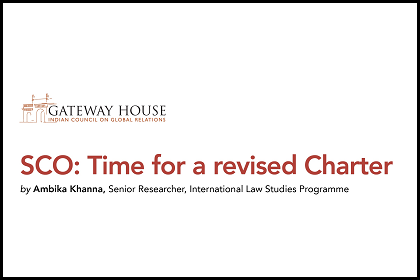 Courtesy: Gateway House
Courtesy: Gateway House
The expansion in membership of the Shanghai Cooperation Organisation (SCO) is an opportunity to review, possibly revise and widen the scope of its Charter to make it more suited to address the concerns of all its members, including new ones like India. This paper recommends what the changes in the SCO Charter ought to be by comparing it with the successful ASEAN charter.
 Courtesy: Shutterstock/Gateway House
Courtesy: Shutterstock/Gateway House
Now that the India-U.S. 2+2 meeting has ended, Indian officials are preparing for a hectic season of summiteering in November, from the SCO to the BRICS and the G20. All will give India global attention, and help the country prepare its positioning at home and abroad.
 Courtesy: Shutterstock
Courtesy: Shutterstock
The UN turned 75 this year but instead of grand celebrations, the world witnessed an empty UNGA with world leaders addressing it via video screening because of the pandemic. The UN is under unprecedented stress and being shown up for its inability to tackle the challenges of today like the pandemics, climate change, terrorism or global peace and security. The institution's key governing structures, especially the UN Security Council, are inadequate and demand reform. India must now use gritty resolve to ensure its place in these governing structures.